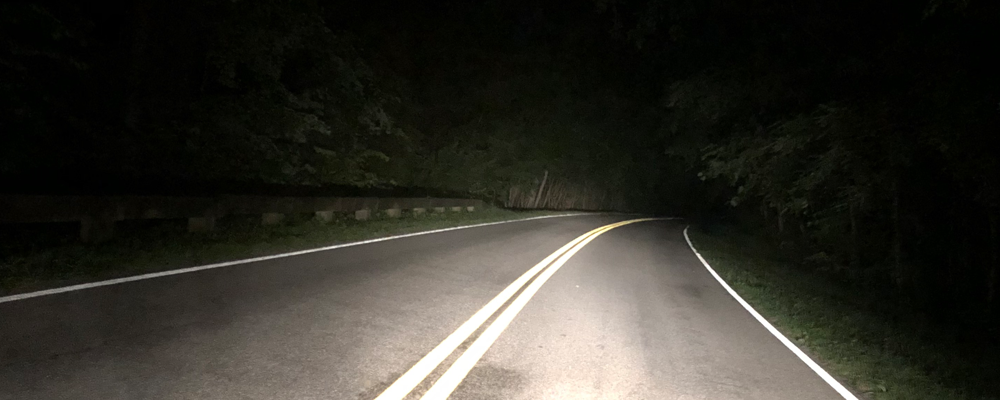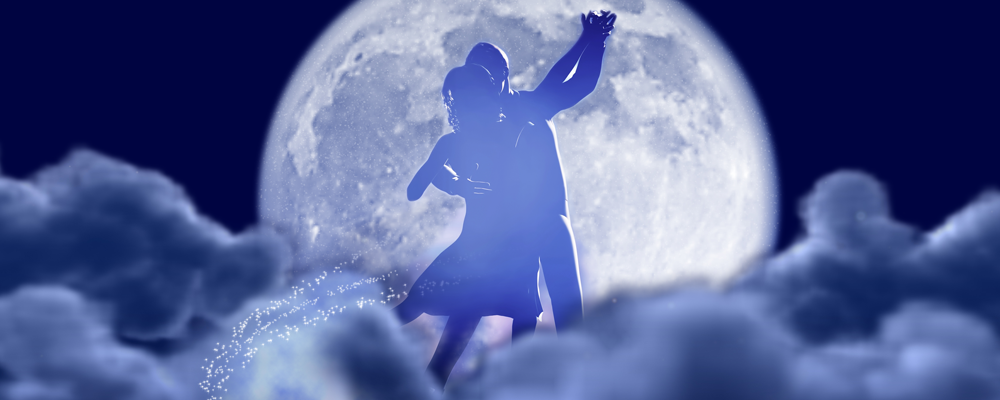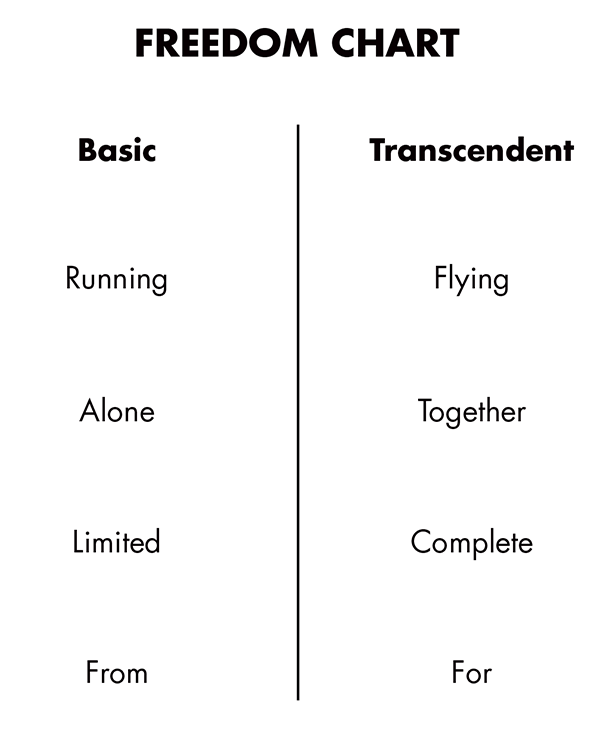
It’s been almost two years since last we’ve met like this and a lot has changed.
Let’s face it. I’m guessing most of us feel like a lot has changed since breakfast this morning.
Global pandemic
Race riots
Saharan dust cloud
Who even remembers murder hornets at this point?
When I started Freedom Sandwich a few years ago it was a way to help process things. I was in a phase of my life where I was reading a lot, getting outside my comfort zone and trying to grow. I thought that a few other people might enjoy taking that journey with me. Maybe I could even help a few people along the way.
And here we are,
2020.
Outside my comfort zone,
Again.
Growing,
Again.
Learning (again) that whatever control I thought I had over my life was just an illusion.
Maybe Pink Floyd said it best
So you think you can tell
Heaven from Hell
Blue skies from pain
Can tell a green field
From a cold steel rail?
A smile from a veil
Do you think you can tell?
I’ve started a side hustle (It’s 2020. We all need a side hustle, right?) building wood furniture. I wanted to do something where I had complete control over the creative process. You see, my job as a graphic designer is necessarily about compromise. A customer comes to me with a need and an idea. I take that need and idea, add my knowledge, expertise and creative abilities to it, and produce a solution that I feel exactly meets their needs.
Then they make changes
There are revision cycles
Ideas are shared back and forth
Budgets are considered
And personal preferences
There are more revisions
Until finally, the project is complete.
What we come up with in the end may be beautiful. Sometimes the series of edits, budgets, changes, and shared ideas produce a result better than I could have on my own.
Sometimes it produces junk.
But either way, it’s rarely my own vision. It’s almost never what I’d call a pure expression of my artistic talent.
It’s a compromise.
So, back to woodworking. My goal with woodworking was to build tables EXACTLY the way I wanted to build them. I would do the sketches. Buy the wood. Cut, sand, stain, glue, nail, and polish the tables until I was completely satisfied. It would be my creation.
Freedom to create exactly what my mind could conceive.
No limits.
I would have complete control from start to finish.
Pure artistic expression.
2020.
2020 has become my term for that time when reality sets it. A reality that wakes me up from the utopian dream I’d greatly prefer to be living in.
I found that, first of all, I still have budgets. I don’t own the most expensive top-of-the-line equipment. So, there’s a limit to what I can do.
And I need a work space. As it turns out, a cool downtown studio apartment isn’t the best place to build fine furniture. So, I have to drive an hour to work in a freezing cold barn. Or I can share a space. Which has it’s own brand of limits and compromises.
Of course, none of these issues are insurmountable. Where there’s a will there’s a way, right?
But what I’ve found to be the greatest lesson in all of this is the wood itself. Wood by its very nature is imperfect.
Life is imperfect.
Wood has a grain, and knots, and crack, and uneven colors. It warps and bends. Sometimes two pieces of the same type of wood take stain completely differently. When you cut it, sand it, stain it, and glue it together sometimes it’s only then that these imperfections reveal themselves to you.
Sometimes it’s the very act of creation that reveals imperfections.
A good woodworker recognizes this. They acknowledge that some things can’t be planned for. You can start a project with the best sketches and plans with the end result being the perfect table but somewhere along the way a flaw is revealed. And plans need to change. Sometimes you have to let the wood do it’s thing and work with it. You have to be flexible and patient. You have to take your ego out of it.
It’s this realization that allows you to see that the creative process didn’t start with you. It began decades before when the tree first grew. The soil, the temperature, the amount of rain, and insects all helped shape that tree. The wood that would later become a table has been growing for years.
Pure artistic expression.
Think you’re in complete control?
2020.
Think that table is going to turn out exactly like your sketch?
2020.
Got a great job, a perfect home, your health?
2020.
Life doesn’t always turn out like you’ve planned. People come and go and come and go again. We experience pain, and loss and injustice. We’re alone. We’re scared. We encounter cracks, and knots.
We have cracks and knots.
They were there all along. It just took the creative process of life itself to reveal them.
If it feels like everything is completely out of control and nothing will ever be right again, like you’ll never reach your dreams, like there is just too much hurt and loss, if it feel like the scars you have suffered can never be made well, your heart is too broken, if you see the world around you and are overwhelmed by injustice and pain.
Don’t give up.
You are part of a creative process that has been taking place since the beginning of time. It’s a creative process that has been slowly building something new. Something better. More peaceful, vibrant, and inclusive.
It may require more patience than you think you have. But keep building. Keep sanding and gluing and staining. The table you are building will almost certainly NOT turn out like you planned. It may not be perfect. But open yourself up to whatever you create.
Control is just an illusion.
Creation is messy.
Pure artistic expression.
I have become comfortably numb.
2020.
We’re all in this together friends.











